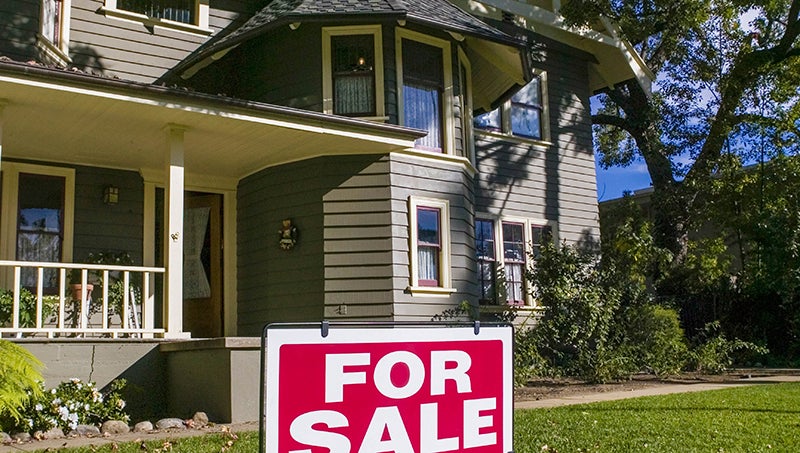Rezoning could lead to new development on Slatestone Drive
Published 12:00 pm Saturday, November 12, 2022

- (Steve Barnes/WDN)
|
Getting your Trinity Audio player ready...
|
Local small business owner, Mohammed Darar, is looking to add a new apartment complex on 10.53 acres of land on Highland Drive and Slatestone Drive in Washington.
Darar’s aim in building the standard apartment complex is to help fix a housing issue Washington faces – providing more and varying housing options for prospective residents namely younger people and families. It is his hope that the apartment complex will draw more people to the area searching for employment.
The complex is planned for a piece of land that is 10.53 acres and located by Highland Drive and Slateston Drive. It is adjacent to the Slatestone Hills subdivision, according to documents from City of Washington Planning and Zoning Division.
At Monday night’s city council meeting (Nov. 14), councilmembers will hear a rezoning request to rezone the land to Office and Institutional from Residential. Documents from Planning Zoning show the current residential zoning is for medium density. However, the proposal to change to Office and Institutional is not considered medium density and is not “consistent with the Comprehensive Plan and Future Land Use Map.
Residents of the Slatestone Hills subdivision have growing concerns about the proposed apartment complex. Linda Linton, a neighbor living in Slatestone Hills, started a petition on change.org gathering signatures of people who are opposed to possible construction of the complex. As of Friday, Nov. 11, the petition has 102 signatures.
Linton says neighbors of Slatestone Hills have concerns about traffic, safety of not just neighbors but of Washington High School students since the school is behind the neighborhood, rezoning to Office and Institutional, environmental preservation and infrastructure.
Linton wrote to the Daily News that neighbors have “already had to ask for police presence to deter drivers from the high school from speeding through to beat the stoplight. Neighbors walk here daily and I witnessed a pick-up truck take the turn so fast that it lost control and ran up on the curb. Connectivity would increase vehicle traffic. Even without the streets connected, foot traffic will increase.” Neighbors are concerned about a possibility of increased crime, noise and loss of trees that provide privacy.
Their concern about the property being rezoned to Office and Institutional is that if Darar decides to not build apartments, then he or any future property owner can decide to build something else. In addition, they have concerns about wetlands in the area and it being a flood zone. Finally, they worry about reliability of electricity and internet as well as sewer and water capacity.
Linton shared with the Daily News her idea for responsible growth in Washington (and further Beaufort County) that could help fix the issue of housing options outside of buying a single family home. Linton said people can “find plenty of housing” browsing real estate advertisements.
“Being able to buy a home is one thing,” Linton said, “but what I see people struggling with is being able to find affordable rental homes and that is a challenge.” She added that what makes it challenging is the high cost of rent and/or a multitude of restrictions.
She knows an apartment complex can be a solution; however, she suggests homeowners looking to move could choose to rent their home instead of sell it. She also suggested either the City of Washington and/or Beaufort County could offer tax incentives to homeowners who choose to rent their homes instead of selling them.
“Just on our street alone, there are homes that the residents have passed away and their family is just sitting on the property. It’s not for rent. It’s not for sale. It’s just sitting. Perhaps tax incentives or something similar could encourage people to open their homes for rentals,” Linton said.
Linton said one of the primary reasons people choose to move to Washington is because it is a small town. Her concern is that Washington could turn into a major city and lose its small town feel.
“When we talk about welcoming and inviting developers on the one hand and on the other hand we talk about people – the very reason they live here is the small town feel, it sounds like a conflict in other words, are we listening to the people who live here? It doesn’t seem that way,” Linton said.





